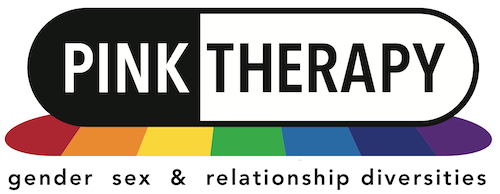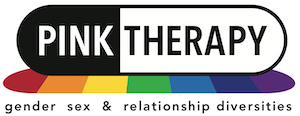
Attitudes towards parenthood within the LGBTQ+ community have evolved significantly, reflecting a growing acceptance and understanding of diverse family structures. Historically, societal norms and legal barriers often limited the possibilities for LGBTQ+ individuals and couples to become parents. While there is still a long path to achieving full equality, it is essential to recognise the recent advancement towards inclusivity and recognition of the right to parenthood for all individuals, regardless of sexual orientation or gender identity.
With the advancement of LGBTQ+ rights and legal protections, more options for family building have become available, including adoption. Further, LGBTQ+ individuals and couples now have greater access to assisted reproductive technologies, such as IVF, surrogacy, and sperm or egg donation. These developments have opened up more opportunities for LGBTQ+ individuals to fulfil their desires for parenthood.
For those LGBTQ+ individuals who want to become parents, the emotional repercussions of a fertility journey are diverse and profound. Emotions like hope, anticipation and joy unite these individuals. But they can also experience disappointment and, in some instances, discrimination. While UK regulations guarantee that all LGBTQ+ individuals have the right to access IVF, surrogacy, and other fertility treatments without facing discrimination, discrimination does happen at the individual level. This discrimination can make an already complex fertility journey even more complicated, surfacing feelings of frustration, isolation, otherness, anxiety, and discouragement, among other emotions.
While LGBTQ+ individuals might have in common among themselves some experiences in their fertility journeys, their unique identities, desires, and circumstances shape their paths to parenthood. We will briefly explore some emotional repercussions of the reproductive journey within the LGBTQ+ community, acknowledging the distinctive nuances that arise from different identities.
Asexual people
Parenthood can bring about a wide range of emotions for individuals, but for an asexual person, the emotional repercussions of parenthood can be particularly complex. Asexual individuals can be challenged to reconcile their identity and desire with society’s assumption that sexual intimacy is a prerequisite for having children. This can lead to uncertainty about becoming a parent and even feelings of inadequacy or self-doubt.
When an asexual person desires to become a parent through assisted reproductive technologies, they may face additional emotional challenges. The process of undergoing fertility treatments can be physically and emotionally demanding. The emotional rollercoaster of hope, disappointment, and uncertainty can be overwhelming. Access to psychotherapists can be helpful to process these emotions.
LGBQ people
These individuals also face distinctive emotional challenges in their fertility journey. Decisions about biological parenthood can bring up a range of emotions and concerns about developing a secure attachment with the child. The question of using a known or anonymous sperm or egg donor can add another layer of emotional complexity to their journey. Psychotherapy can help in these situations as individuals going through a fertility journey can have open and honest discussions about their emotions, fears, and hopes while embracing the idea that love and nurturing are the foundations of a family.
Non-binary people
As these individuals explore their own gender identity, the decision to become a parent may involve facing, once again, societal expectations based on gender-conforming ideas and assumptions.
Psychotherapeutic support can offer non-binary individuals a space to explore their emotions, fears, and desires.
Trans men
When considering the unique challenges faced by trans men, it becomes apparent that the intersection of gender identity and fertility presents a complex emotional landscape. These men face the decision of whether to freeze their eggs before transitioning to use them later or to explore alternative options. These decisions can challenge trans men’s sense of self and push them to consider questions about identity, gender and parenthood. Psychotherapy can provide a supportive environment where these individuals can thoughtfully explore these themes and related emotions which is crucial to ensuring their emotional well-being.
Trans women
The emotional repercussions for a trans woman when deciding whether to use her sperm, which challenges her identity as a woman and the inability to carry a baby can be significant. The decision to use sperm that she might have preserved before transitioning may bring about complex emotions related to her self-perception and gender identity. It can raise questions about whether using her sperm aligns with her sense of womanhood, as it may feel contradictory. Further, the inability to carry a baby due to physical limitations can be emotionally challenging for a trans woman who desires motherhood. Access to psychotherapists who understand LGBTQ+ issues and fertility can be invaluable, as they can provide guidance, support, and help in processing these complex emotions.
Fertility Support believes that love, commitment, and the ability to provide a nurturing environment for children are not dependent on sexual orientation or gender identity. They also believe that embracing diverse family structures and recognising the unique contributions and strengths that LGBTQ+ parents bring to their children’s lives is critical. They are committed to promoting inclusivity and to supporting LGBTQ+ individuals who desire to become parents.

